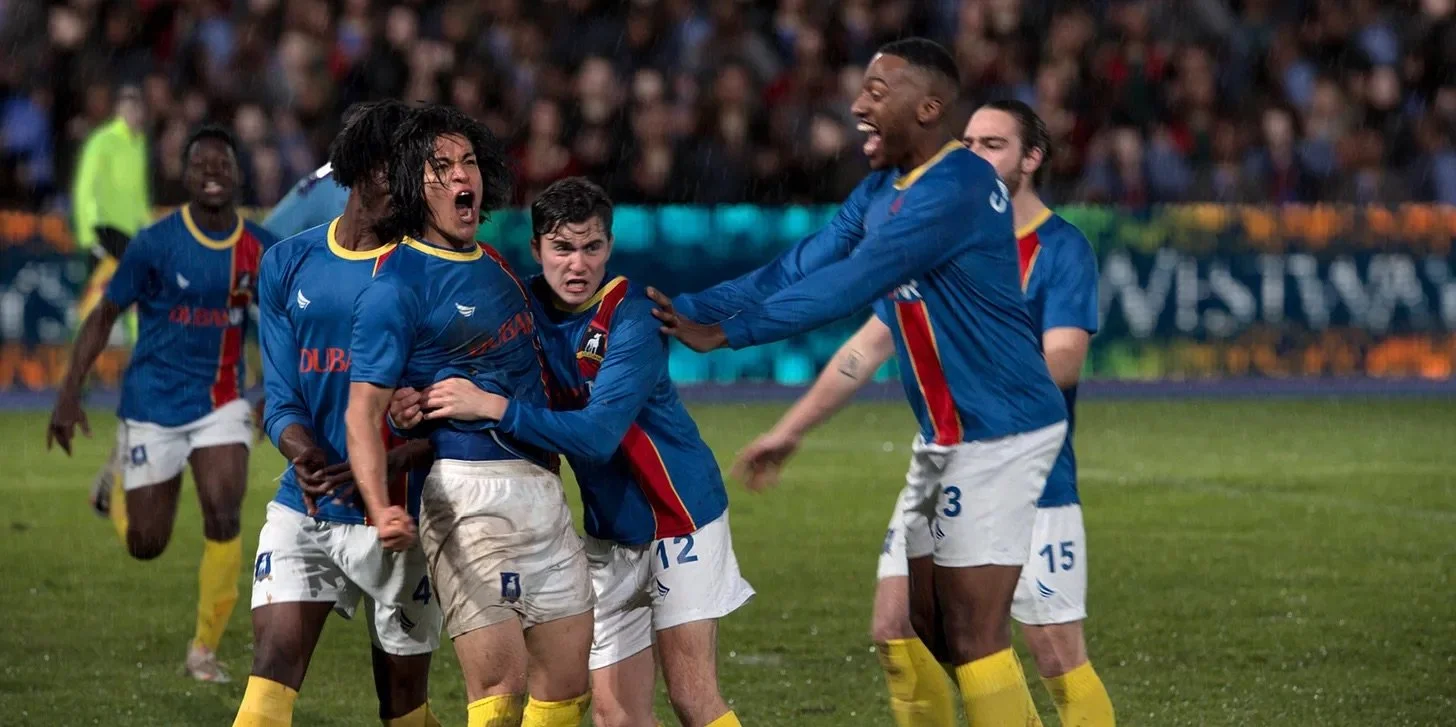Idea 7 - Say thanks to a colleague today - it will make you happier
A few years ago, we realised we weren’t recognising the achievements of our team enough. We’d pat people on the back and occasionally congratulate them, but we felt we needed to do more. So, we launched an employee of the month program where, in each monthly meeting, we acknowledged anyone that had gone above and beyond. We thought it was best that the recommendations came from our team, so we asked everyone to nominate people they thought deserved the award with a little note explaining why.
The morning before the first monthly meeting, I had no nominations. Not one. So I made them up. I read out five imaginary gushing emails congratulating people. In the second month, I got one nomination from a manager, so I made up four flowery testimonials. By the third month, people were getting the hang of it, and we had five messages. Nowadays, we get so many emails each month that we can’t congratulate everyone, and we award it to the people who receive the most nominations.
Giving peer recognition is now part of the everyday culture in our company.
Why is peer recognition so important?
Here are some facts: peer recognition programs improve engagement, collaboration and retention. When implemented well, teams feel closer, and employees feel happier. It’s a big deal. I can give you stats on retention rates and company performance but let me ask you this: which football team do you think performs better? One where everybody jumps on a player after he scores a goal or one where the team stays in silence and only the manager says thanks?
Getting recognition from your colleagues is the best feeling
Some people find it difficult to give praise
Peer recognition programs, like our employee of the month, just may not work “out of the box” as many people find it hard to compliment others and show appreciation. For some, it is considered a sign of weakness, for some too touchy-feely, and for others, they just don’t feel comfortable. If you want to build a culture where everyone celebrates other team members’ successes, you need to bear this in mind and make it very, very easy for people to participate.
There are many ways you can set up a peer recognition program. You can use specific platforms, a chat channel, even email. Just don’t ask people to stand up in front of the whole company each month and read out a letter of gratitude to a colleague. I promise it won’t work.
Make the system easy. People won’t participate if they feel uncomfortable.
This weeks tip
Create a system so your team can recognise each other’s achievements. It needs to be easy to use and accessible to everyone and, ideally, at the beginning, needs to just fit into the normal workday.
Please bear in mind, it may take time to take effect; people may not want to do it at first. But if you persevere and model it daily, you will notice a change. People will find they enjoy complimenting each other (research shows that gratitude is a key driver of happiness), and in a few months, you’ll see more positivity and stronger bonds among your teams.
Feeling recognised for your work is critical to your happiness; it gives you a sense of meaning and fulfils your human needs of dignity and meaning. It helps you feel a sense of purpose.
Some useful articles
Why Feeling Gratitude Can Be So Hard for People
White paper on why recognition is important for business - Gallup and Workhuman
How to give recognition from 1001 ways to reward employees.
The importance of gratitude for personal happiness - Forbes
Benefits of a peer recognition program
…
If you’re new to the blog I recommend reading the first article in the series - what makes people happy at work. This will give you an overview of the basics of happiness in the workplace and the areas you need to address when looking at workplace wellbeing.
Next week … Why a study on the Chicago train system shows why you really shouldn’t eat alone at your desk.
Follow the blog
I regularly write on how you can use the science of happiness and the science of wellbeing to improve team performance. Sign up now to receive the latest blog posts in your inbox.



